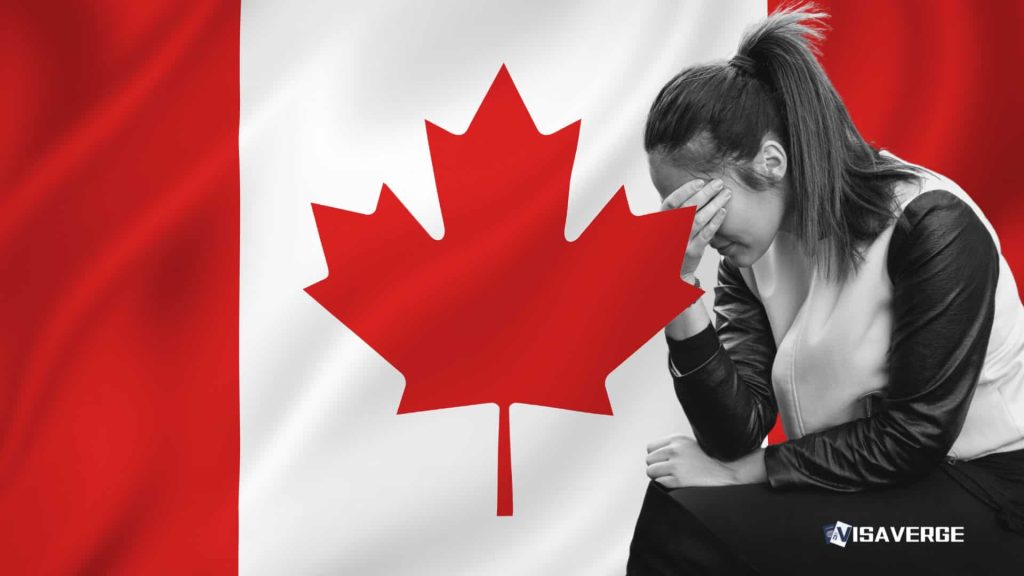Canada, the nation that proudly boasts its multicultural tapestry and open-door policy, is engaging in a deceitful charade. Instead of confronting its own shortcomings, it’s conveniently shifting the blame onto Indian students, transforming them into scapegoats for a multitude of systemic issues. This calculated tactic not only exposes Canada’s hypocrisy but also reveals a disturbing undercurrent of hostility towards immigrants, threatening the very fabric of its diverse society.
Housing Crisis: A Manufactured Villain
The housing affordability crisis plaguing Canada’s major cities is a complex issue with deep-rooted causes. Decades of inadequate housing policies, rampant speculation, and a lack of investment in affordable housing options have created a perfect storm. Yet, instead of addressing these systemic failures, politicians and media outlets are quick to point fingers at Indian students, portraying them as the culprits behind skyrocketing rents and housing shortages. This narrative conveniently ignores several key facts:
- International students, including those from India, represent a small fraction of the overall population. Their impact on the housing market, while present, is often exaggerated to deflect attention from the larger, systemic issues.
- These students are themselves victims of the crisis, often forced into overcrowded, substandard housing or pushed further away from city centers due to exorbitant rents.
- The influx of international students brings significant economic benefits to Canada, contributing billions of dollars in tuition fees and living expenses, which in turn create jobs and stimulate local economies.
Education as a Commodity: The Price of Exploitation

Canadian universities, once bastions of academic pursuit and equal opportunity, have succumbed to the pressures of commercialization. International students, particularly those from India, are viewed as cash cows, subjected to exorbitant tuition fees that far exceed those paid by domestic students. This discriminatory practice not only creates a financial burden for these students but also raises ethical concerns about the commodification of education.
Furthermore, the exploitation extends beyond tuition fees. Indian students often face challenges in finding affordable housing, accessing healthcare, and securing part-time jobs to support their living expenses. This creates a system where they are expected to contribute significantly to the Canadian economy but are offered limited support and opportunities in return.
Immigration Policies: From Open Doors to Closed Borders
Canada’s immigration policies, once hailed as a model of inclusivity, are undergoing a regressive transformation. Recent changes have made it increasingly difficult for Indian students to transition from temporary residents to permanent citizens, with stricter financial requirements and limited pathways to permanent residency. This shift contradicts Canada’s self-proclaimed values of multiculturalism and openness, sending a clear message that international students are welcome to study and spend their money but not to build a life and contribute to Canadian society in the long term.
Leadership’s Deafening Silence: A Betrayal of Values
While Indian students face escalating scrutiny and hostility, Canadian leaders remain conspicuously silent, failing to address the systemic issues at play and the harmful rhetoric targeting these students. This silence is not only a dereliction of duty but also a betrayal of the values that Canada claims to uphold. By failing to speak out against discrimination and exploitation, the government tacitly condones it, further marginalizing vulnerable communities and undermining Canada’s reputation as a welcoming and inclusive nation.
A Nation at a Crossroads: Choosing Integrity over Hypocrisy
Canada stands at a critical juncture. It can either continue down this path of scapegoating and exclusion, jeopardizing its global standing and eroding the social fabric of its nation, or it can choose to embrace its diversity and recognize the invaluable contributions of immigrants like Indian students. This requires acknowledging past mistakes, addressing systemic inequalities, and implementing policies that foster genuine inclusion and create a welcoming environment for all.
Only through such actions can Canada reclaim its integrity and build a future that truly reflects its multicultural identity and commitment to shared prosperity.
This situation echoes global challenges faced by immigrants worldwide, highlighting the need for nations to move beyond performative gestures of inclusivity and implement policies that truly value and integrate newcomers. The world is watching, and Canada’s response will determine whether it remains a beacon of hope or becomes a cautionary tale of hypocrisy and missed opportunities.













